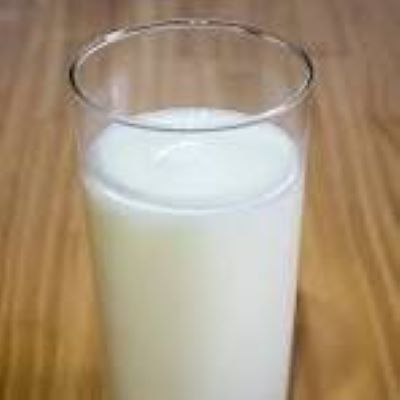The Federal Government has pledged to boost the country’s current annual milk production of 700 million litres to meet the 1.6 billion litres national demand.
The assurance was given by the Minister of Livestock Development, Idi Maiha, at the ongoing workshop on the “Final Review and Validation of Framework for the Implementation of the National Dairy Policy” on Wednesday in Abuja.
Maiha said Nigeria possesses sufficient livestock resources to meet domestic milk needs if properly harnessed. He noted that the nation’s dependence on imported dairy products is unsustainable and contrary to President Bola Tinubu’s vision for economic diversification and self-reliance.
“To stimulate local production, the government has introduced measures such as soft loans, tariff protection, and the creation of dairy development hubs in key production zones across the country,” he said.
Maiha emphasized the urgent need for coordinated efforts to transform Nigeria’s dairy industry and end the country’s $1.5 billion annual dairy import bill.
Also speaking, Sen. John Enoh, Minister of State for Industry, Trade and Investment, affirmed the industry’s commitment to the National Dairy Policy as a tool for industrial growth, job creation, and food security.
Represented by his Senior Special Adviser on Policy and Governance, Dr. Adedeji Adeshile, Enoh said Nigeria’s dairy sector, with over 20 million cattle, currently produces only about 700 million litres of milk annually—less than half of the national demand. He described this supply gap as both a challenge and an opportunity for the sector.
Enoh noted that the framework under validation is a crucial step toward operationalizing the National Dairy Policy, aligning government and private sector efforts to achieve self-sufficiency in milk production.
In the same vein, Prof. Attahiru Jega, Special Adviser and Coordinator of the National Presidential Livestock Reform Initiatives, represented by Prof. Demo Kalla, Director of the Dairy Research and Development Centre at Abubakar Tafawa Balewa University, Bauchi, said the framework is anchored on 11 strategic pillars of livestock development and aligned with President Tinubu’s Renewed Hope Agenda.
Jega emphasized that the livestock and dairy sectors are vital drivers of food security, job creation, and sustainable economic growth.
“The dairy industry is more than milk production; it represents nutrition, empowerment, and opportunities for farmers, women, and youth across the country,” he said.


